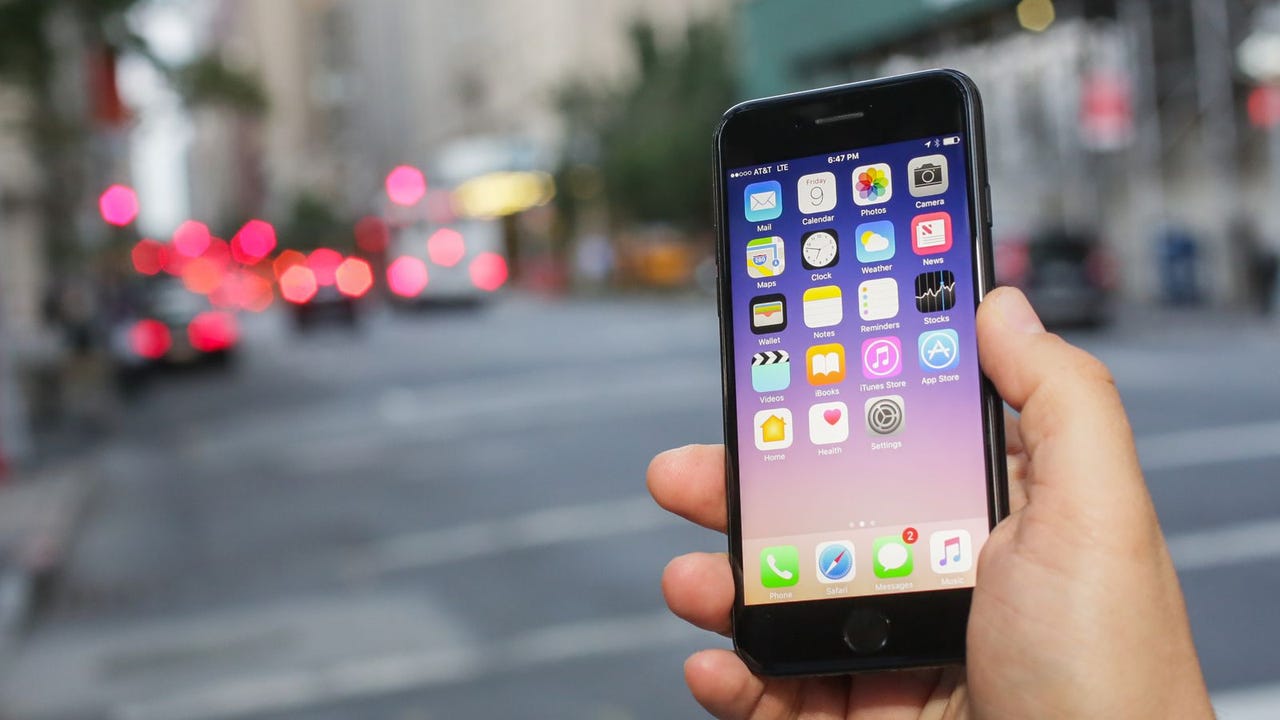Apple lawsuit accuses Qualcomm of operating illegal business model

Apple is stepping up its patent fight against semiconductor giant Qualcomm. The Cupertino, Calif.-based company on Tuesday filed a brief to a federal court in the Southern District of California accusing Qualcomm of operating an illegal business model.
Featured
Specifically, Apple claims that Qualcomm's practice of charging a license fee for every iPhone manufactured is invalid. Apple says Qualcomm is doubling its fees by charging both a patent license fee for the use of its technology and for the chip itself.
Apple highlights the recent Supreme Court ruling surrounding Lexmark's printer cartridge patents, in which the court decided that Lexmark couldn't sue for patent infringement after it sold a toner cartridge to a retail buyer because its patent rights had been exhausted with the sale.
Apple posits that once Qualcomm's chips are sold to a smartphone maker, it loses its ability to charge a separate patent licensing fee. Doing so is considered "double dipping," Apple says.
"This is precisely the kind of double-dipping, extra-reward system that the court's decision" ruled against, Apple argued. "This one reward is either a license fee or the sale price, not both. The Lexmark decision makes it clear that Qualcomm's separate sale and license business model is an illegal practice."
The legal saga between the two companies started in January, when Apple filed a suit against Qualcomm accusing the semiconductor giant of overcharging for chips and withholding nearly $1 billion in contractual rebate payments.
The suit also accuses Qualcomm of "attempting to extort" Apple into obstructing an investigation by South Korean regulatory investigators into Qualcomm's monopolistic practices. Additionally, the suit claims that Qualcomm has created an "abusive licensing model" that lets the company demand excessive royalties.
Last month, Qualcomm filed a counter suit against iPhone and iPad manufacturers Foxconn, Pegatron Corporation, Wistron Corporation, and Compal Electronics for breaching their license agreements and withholding royalty payments. The move was in response to a move by Apple to withhold royalty payments to said contract manufacturers until the legal dispute with Qualcomm was resolved.
Qualcomm fired back, claiming that Apple "orchestrated the actions of each defendant," and it asked for an order that would require the manufacturers to comply with existing contractual obligations. Apple is now asking the court to weigh in on the contract manufacturer dispute as part of its amended lawsuit.
Other stories:
